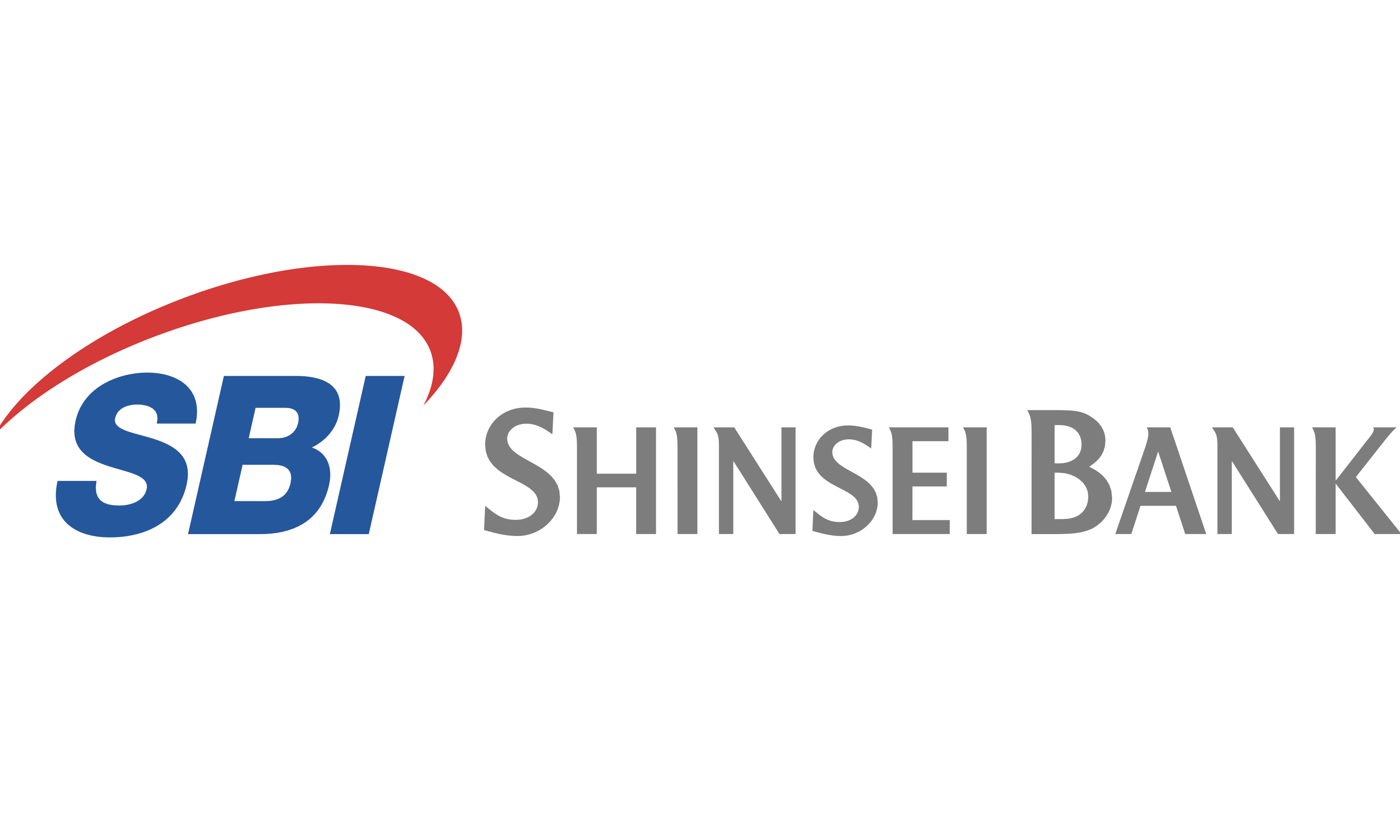
Key shareholders of troubled personal lender Latitude Financial have restructured their holdings in the company, triggering speculation that one or more might be looking to reduce their interest in the company.
Since its listing on the ASX in April 2021, around 70 per cent of Latitude’s ordinary stock has been owned by a vehicle known as KVD Singapore Pte.
KVD held Latitude shares on behalf of three beneficial owners – KKR, Varde Partners and Deutsche Bank.
In filings to the ASX on Monday, the three shareholders announced that they had unwound their Latitude holdings from the joint investment vehicle and had each taken outright control of their respective interests.
The upshot of the restructure is that KVD Singapore Pte ceases to be a substantial shareholder in Latitude with a 69.25 per cent stake.
Instead, the beneficial owners of KVD are now being treated as discrete substantial shareholders of Latitude.
According to the ASX filings, KKR and Varde Partners now each hold 26.25 per cent stakes in the company, while Deutsche Bank holds a 16.53 per cent interest.
The motives behind the restructure are not clear.
However, it could indicate that KKR, Varde and Deutsche no longer share a common interest in retaining their investments in Latitude.
Industry sources told Banking Day that Varde Partners loomed as the most likely candidate to reduce its stake in the company.
In the last year Japanese investors have emerged as keen buyers of Latitude stock, with Tokyo-based SBI Shinsei Bank building a 16 per cent stake.
The reconfiguration of the substantial stakes in Latitude came after the company announced big fall in its bottom line performance for the six months to the end of June 2023.
Latitude reported a first half net loss of A$116.9 million compared to a net profit of $30.2 million in the corresponding period last year.
The lender’s operations were paralysed for six weeks from March after online databases were attacked by unknown cyber criminals.
The disruption impacted loan volumes which declined 3 per cent on the first half in 2022.
Deterioration of economic conditions also drove a blowout in net charge offs for non-performing loans.
Net charges for bad and doubtful debts soared 94 basis points to 3.31 per cent.